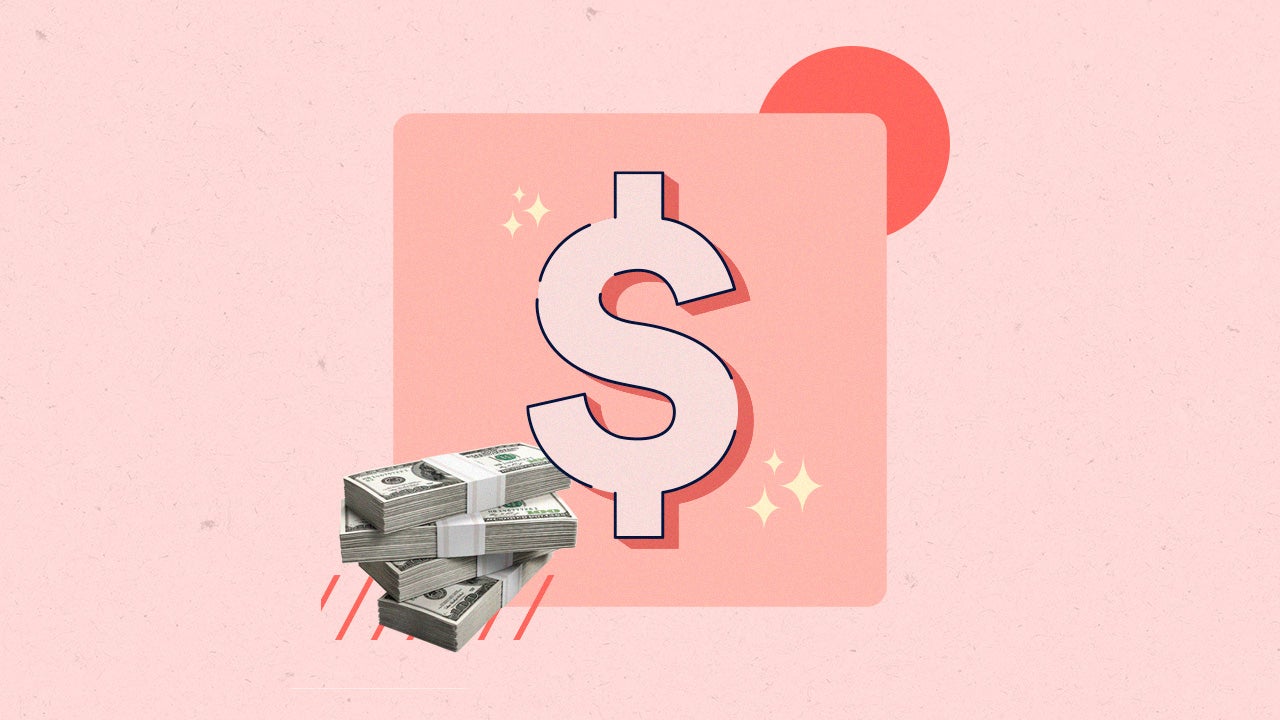Why being in debt doesn’t mean you have to give up fun things



Paying off your debt can be a long journey. You might even prioritize your debt payments right up there with your housing, grocery and utility expenses. With every payment, you lower the balance of your debt and help build your credit score and maintain a good credit history.
While prioritizing paying off debt — especially if you want to pay it down quickly — is important, you don’t have to prioritize every spare dollar toward your balance. While going on a vacation, eating out or buying yourself a coffee might seem like a bad financial move when you’re paying off debt, you don’t have to feel guilty about spending money on non-essentials.
Giving yourself room in your budget for fun is a key way to take care of yourself throughout the debt repayment process.
Read on to learn about striking a balance between your needs, your wants and your debt without feeling guilty.
Getting your priorities in order with debt
If you’re paying off debt, you probably have multiple financial goals you want to achieve, such as an emergency fund, saving for a house, building your 401k or funding your next vacation, alongside paying for your everyday needs and wants.
Understanding your priorities when paying off debt will help you build a sustainable repayment plan that pays off your debt and helps you achieve your goals.
According to a survey by National Debt Relief, 38 percent of Americans with debt turned down a date night in order to save money, while 36 percent turned down attending a wedding.
While you might be tempted to cut every non-essential expense, drain your emergency fund and raid your 401k in order to get rid of your debt, it’s important to stop and ask yourself: is this sustainable in the long run? Turning down a night with friends now and again might feel manageable, but doing that for several months on end might not.
Paying off your balance without fulfilling your other goals can have long-term consequences. For example, 24 percent of Americans who have paid off their student debt surveyed by Bankrate say they regret not saving enough for retirement.
Instead of treating debt repayment like a sprint, think of it as a marathon. Paying off debt sustainably, like a consistent jog, will get you farther than trying to sprint for the first stretch and tiring out halfway through.
Balancing your needs, wants and financial priorities when paying off debt will help you find a payment plan that’s right for you. While you may have to make some sacrifices — like foregoing an overseas vacation or making extra contributions to your savings — you can still have room for saving, investing and fun treats , like your weekly coffee run.
Building a healthy mindset with debt repayment
Just like crash dieting to lose weight can totally backfire, extreme restriction when it comes to spending can be detrimental, as well. Instead of crash dieting, health experts often recommend adapting your diet to be more by cutting back on certain foods instead of eliminating them entirely. A slow and steady approach to healthy living can help you reach your fitness goals.
Similarly, a consistent approach to saving and paying off debt can help you reach your financial goals. Spending a little money on fun things can be a healthy part of a debt repayment budget.
Leaving room for fun doesn’t mean skipping your debt payments to buy lots of clothes or taking out a loan for a big vacation. It means balancing your budget in a way that leaves room for your debt payments and for the little things that make you happy, whether it’s a local vacation, going to a concert and even avocado toast.
Building in this kind of spending rewards you for making regular payments, and helps you practice self-care and establish healthy financial habits that can carry over even when your balance is gone.
Finding a balance in your budget
The keys to finding room in your budget for fun are understanding your priorities, balancing your needs and your wants and understanding the impact your spending has on your life.
Prioritizing which payments have to be made every month will give you a hard line and goal to follow. You also might want to prioritize making heftier payments toward high-interest debt so you can have less principal on the balance.
Priorities also apply to your wants. If you know you’ll be itching to get out of the house in the summer, then you’ll want to prioritize putting money aside for summer activities as opposed to buying a new gaming system.
While it might be disappointing to have to choose one priority, sticking with it will allow you to save sustainably and have something to look forward to.
Finding a balance between your needs and wants is key to paying off debt and still having room for fun. Ideally, one shouldn’t completely outpace the other. While your needs, of course, take top priority, you can still be flexible in how you direct your spending.
For example, while blowing your food budget by ordering out for three days straight is not the best way to spend your money (or feed yourself), you can create wiggle room by making small sacrifices. Buying in bulk and eating the same healthy meal for a week might mean you can splurge on a special meal with the money you saved.
Finally, it’s key to understand the impact of your spending and saving on your life and mental health. Cutting back on a coffee run might be manageable for some, while for others, visiting the cafe is a comforting ritual that helps them start their day. If that’s you, you might be willing to cut back on other fun activities to afford this habit.
It’s also important to see if what you’re cutting back on will actually make a difference. Buying the cheapest dish soap available might save you a dollar, but if you end up using four times more soap than usual, then you’re not saving any money at all.
What next?
Paying down debt can be a long and arduous process. Giving yourself room to breathe financially and mentally is key.
Ultimately, focusing on what’s truly important to you will help you find a balance in your budget for your debt payments and the fun things in life,whether it’s coffee, a night out with friends, a summer trip or otherwise. That way, you can prioritize self care and manage your mental health while paying down your balance.
If you want to learn more about managing your finances, mental health and debt repayment plan, check out Bankrate and National Debt Relief’s ongoing article series about all things debt. Watch this space for tips, tricks and exclusive stories from readers like you and their debt repayment journeys.
Why we ask for feedback Your feedback helps us improve our content and services. It takes less than a minute to complete.
Your responses are anonymous and will only be used for improving our website.




